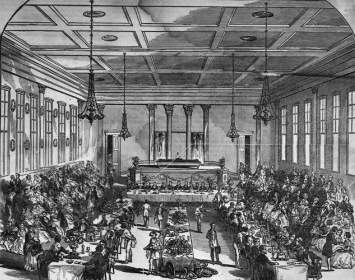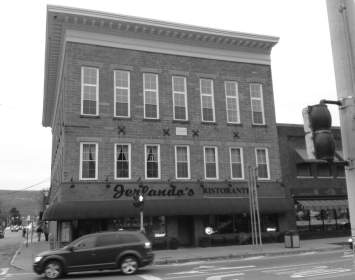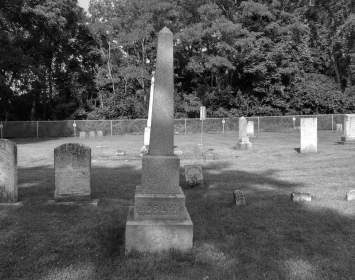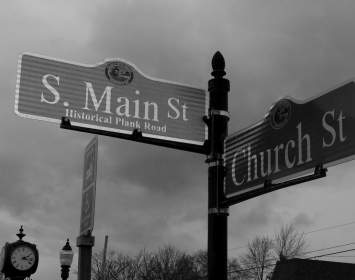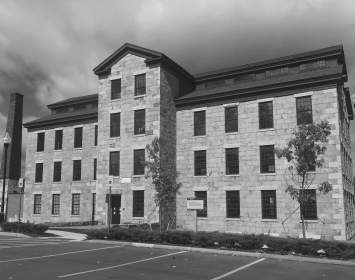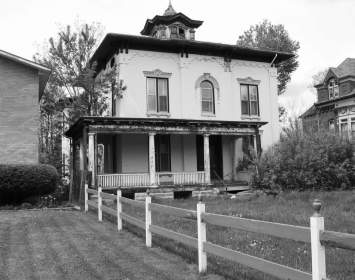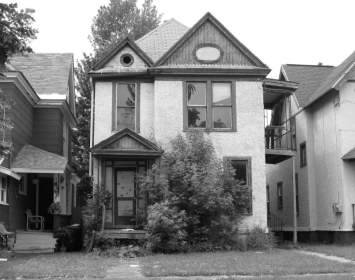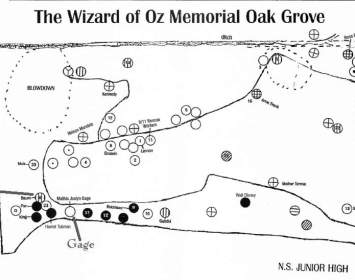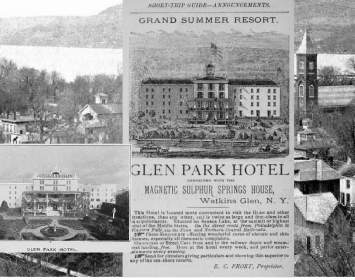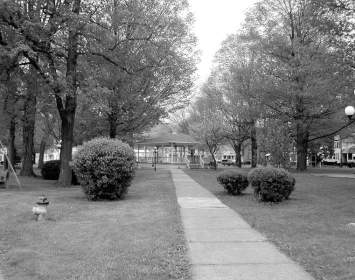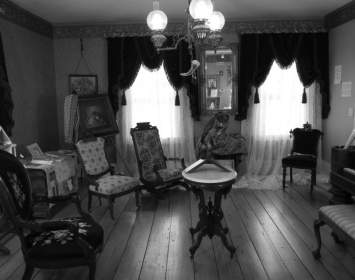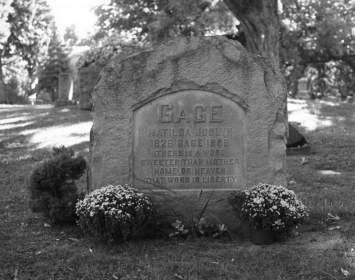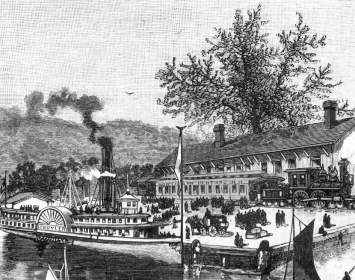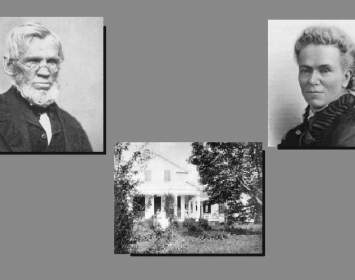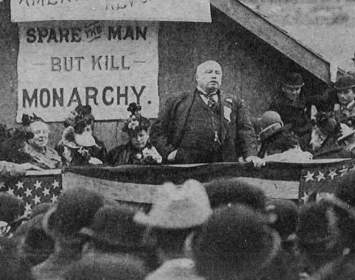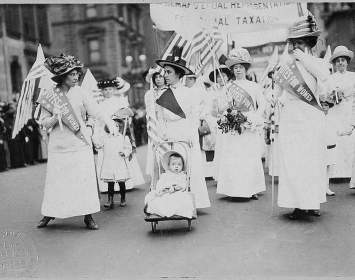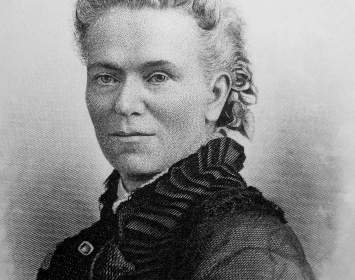Matilda Joslyn Gage Sites
Custom
197.0 Miles
This trail extends from Rochester on the west to Fayetteville on the east. The site in Rochester is unmarked and is now a parking garage. The sites in Watkins Glen are also unmarked. Two of the Syracuse sites feature historic residences (not restored) but are unmarked. In Cicero, the Hezekiah Joslyn Office Site is unmarked. Other sites in Cicero, plus all sites in Fayetteville and Seneca Falls, include a historical marker, a historic structure, or a museum. Visitors seeking a shorter curated experience might wish to visit the Cicero- and Fayetteville-area sites in one outing and the Syracuse and Seneca Falls sites as separate journeys.
Matilda Joslyn Gage worked alongside Susan B. Anthony and Elizabeth Cady Stanton to lead a woman's suffrage (nineteenth-century practice was to use the singular, woman's; later practice was to use the plural, women's) organization. Of the three, she is the one history almost forgot because of her outspoken criticism of religion.
In their heyday, Susan B. Anthony, Elizabeth Cady Stanton, and Matilda Joslyn Gage (1826–1898) were known as "the triumvirate," joint leaders of the National Woman Suffrage Association, the radical wing of the woman’s rights movement. Of the three, Anthony was the most accommodating toward religion, eventually welcoming the conservative and devout Women’s Christian Temperance Union into the suffrage tent. Stanton published her radical critiques of religion such as The Woman’s Bible only after she had established her reputation as a pillar of the suffrage movement. Gage, on the other hand, was always outspoken in challenging religion, sharply criticizing Christianity for institutionalizing discrimination against women in her best-known book Woman, Church, and State.
Matilda Electa Joslyn was born in 1826 at the Cicero, New York, home of Dr. Hezekiah Joslyn and his wife Helen. Matilda grew up in an unusually comfortable home that was an active station on the Underground Railroad. Her father raised her unconventionally, teaching her physiology and anatomy, among other subjects. Even as a young girl, she would ride alongside him on his medical rounds to outlying communities. When she was older, he attempted unsuccessfully to secure her admission to a medical school. Matilda Joslyn Gage later wrote of her father’s tutelage: “If there has been one education of more value to me than all others, it was the training I received from my father to think for myself. … [T]his one early lesson of examining all questions for myself has been of infinitely more value to me than all the classics and sciences of the world would have been without free thought.”
Matilda Joslyn married the abolition activist Henry Hill Gage in 1845. They would have five children, four of whom lived to adulthood.
Gage attended the 1878 convention of the New York State Freethinkers Association held at Watkins Glen, then Watkins. There she gave her first freethought lecture, whose thesis became the core of her book Woman, Church, and State. But perhaps the most surprising legacy of her feminism and freethought appears in the works of L. Frank Baum, husband of Gage’s daughter Maud and a frequent visitor to Gage’s Fayetteville home. In The Wonderful Wizard of Oz and many other children’s books, Baum presented a remarkable assortment of strong female characters and championed critical thinking over obscurantism and worshipfulness. (The moment when Toto goes "behind the curtain" and proves that the Wizard is no wizard at all is only the best-known appearance of this classic debunking device in Baum’s work.)
After her husband died in 1884, Gage spent the last fourteen winters of her life with Frank and Maud at their Syracuse home; their 1887–1891 home in Aberdeen, South Dakota; and from 1892 until her death in their Chicago home. During these visits, she conducted suffrage work and worked on her books.
Gage died at Frank and Maud’s Chicago home in 1898. She was cremated, an act bitterly opposed by Christians of the time, and her ashes were buried in the Fayetteville Cemetery beneath a rough-hewn headstone inscribed with her best-remembered saying: "There is a word sweeter than mother, home, or heaven. That word is Liberty."
Since 2011, Gage’s Fayetteville home has been open to the public as a full-time Gage museum. Matilda Joslyn Gage is forgotten no longer; a new generation of historians and feminist activists are rediscovering Gage’s unique vision and wit.
